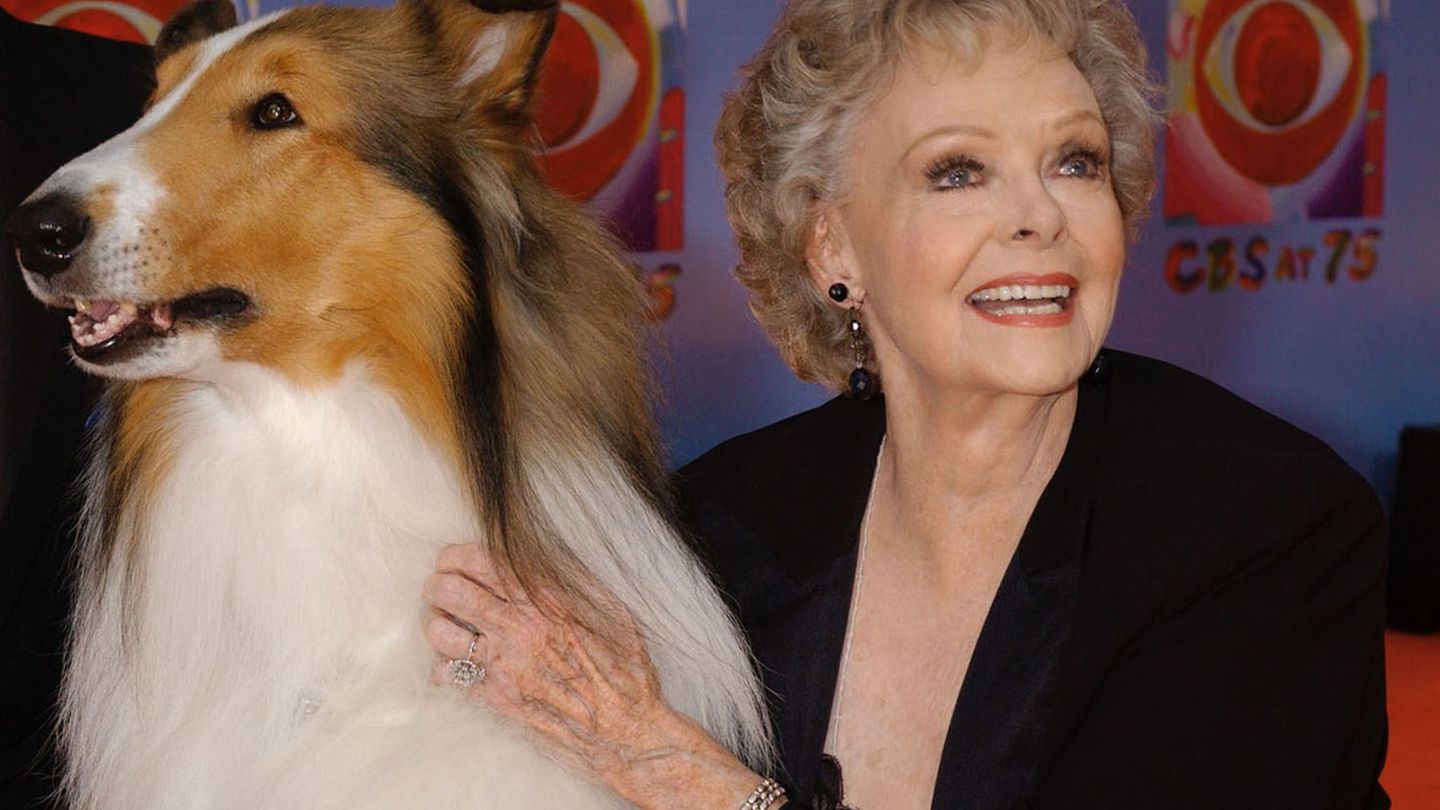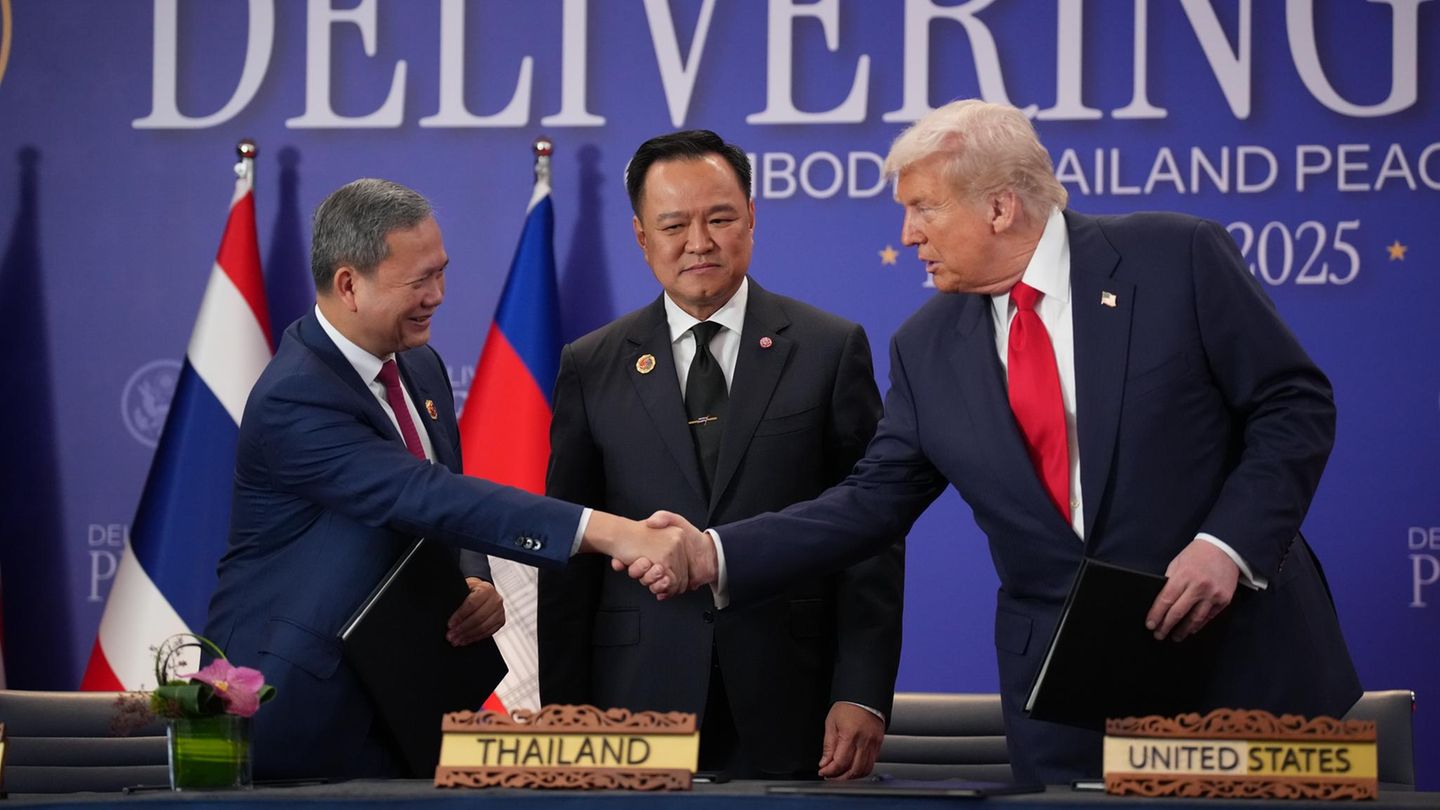David Bennett died on Tuesday, around two months after the operation, the University Hospital in Baltimore said on Wednesday. His condition started deteriorating a few days ago. Eventually he got palliative care. In his last hours he was still able to communicate with his family.
“We are devastated by the loss of David Bennett,” said chief surgeon Bartley Griffith. “He proved to be a brave, honorable patient who fought to the end.” Bennett became known around the world for “his courage and his unshakeable will to live”.
Bennett’s son, David Bennett Jr., thanked the doctors. “We are grateful for every innovative moment, every crazy dream and every sleepless night that was part of this historic effort.” Bennett is survived by one other adult child, five grandchildren and two sisters.
In October 2021 he came to the University Hospital in Baltimore as a seriously ill patient. Because the man, who is suffering from a life-threatening heart disease, was classified as unsuitable for a donor heart, the US health authority FDA granted an exemption for the attempt to save his life with the animal organ.
At the beginning of January, the man was then implanted with the genetically modified pig organ in an operation lasting several hours. This was considered a milestone in the field of organ transplantation. The patient was then connected to a heart-lung machine for a few days.
The condition of the man was initially relatively stable, the clinic said. The heart “worked well” and there were no signs of rejection. Bennett was “better than expected” and said he was “remarkably awake.” The man was able to spend time with his family and did physiotherapy. Among other things, he followed the football spectacle Super Bowl and often talked about wanting to go home to his dog “Lucky”.
So-called xenotransplantation – i.e. the transfer of animal organs to humans – has been researched since the 1980s. Pigs are particularly suitable as donors because their metabolism is similar to that of humans. Muhammad Mohiuddin, chief surgeon at University Hospital Maryland, thanked Bennett for his “unique and historic role” in advancing xenotransplantation. “We remain optimistic and plan to continue our work with additional clinical trials.”
Source: Nachrichten




